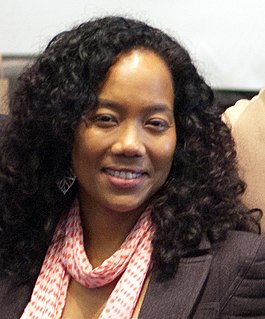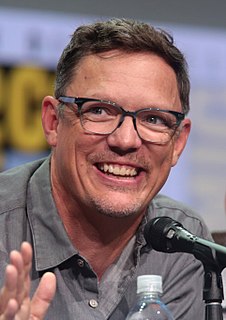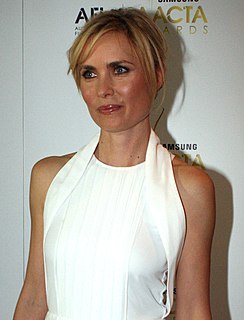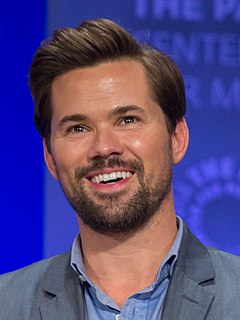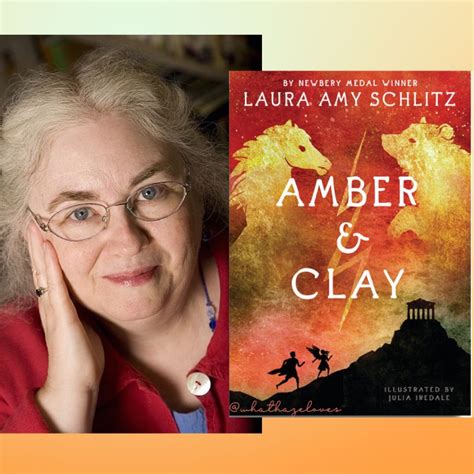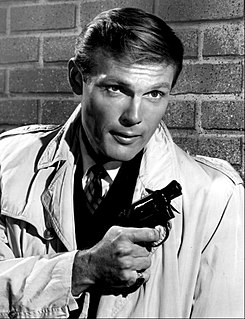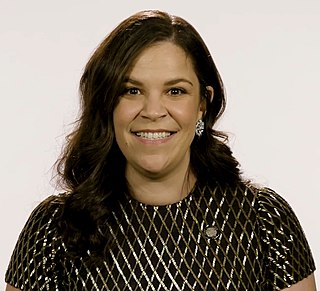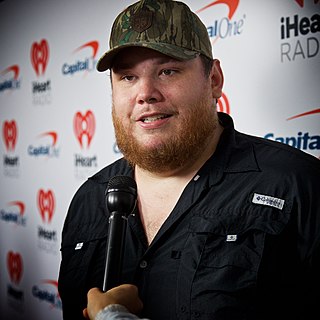A Quote by Daniel Espinosa
It's really hard to get a coffee with someone. I have to call my agent, my agent calls their agent, their agent calls their manager, the manager calls back, the actor sends someone to the manager... then you get, 'Yeah, yeah, I'd love to have dinner at six,' and all I wanted was coffee! It can take, like, six days to get coffee.
Related Quotes
It wasn't exactly a cattle call. I had an agent, and they were seeing people for the parts, so my agent said, "Here's the script, see if there's anything that speaks to you." And I did, and I called my agent and said, "I think this character Data is kind of interesting," and she said, "Well, okay, I'll get you the appointment with Junie Lowry." I had to read with the casting agent first, 'cause nobody really knew me then. Then after that, I had, I think, six different auditions for the role. And finally it was me [on Star Trek].
I was asked to lose weight by a network for a TV pilot. The conversation happens because you get a job, and your agent or manager calls, and they say, 'They are so excited about you. They just think there is no one better for this part, and they want you to look and feel your best. They really feel that that could include losing 15 or 20 pounds.'
If you want to be traditionally published, then you most likely want to get a literary agent. To sign with an agent, you need to send them a query letter, but agents can get up to 20,000 query letters a year. With numbers like that, it helps to get in front of agents with every opportunity you have.

